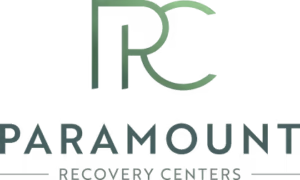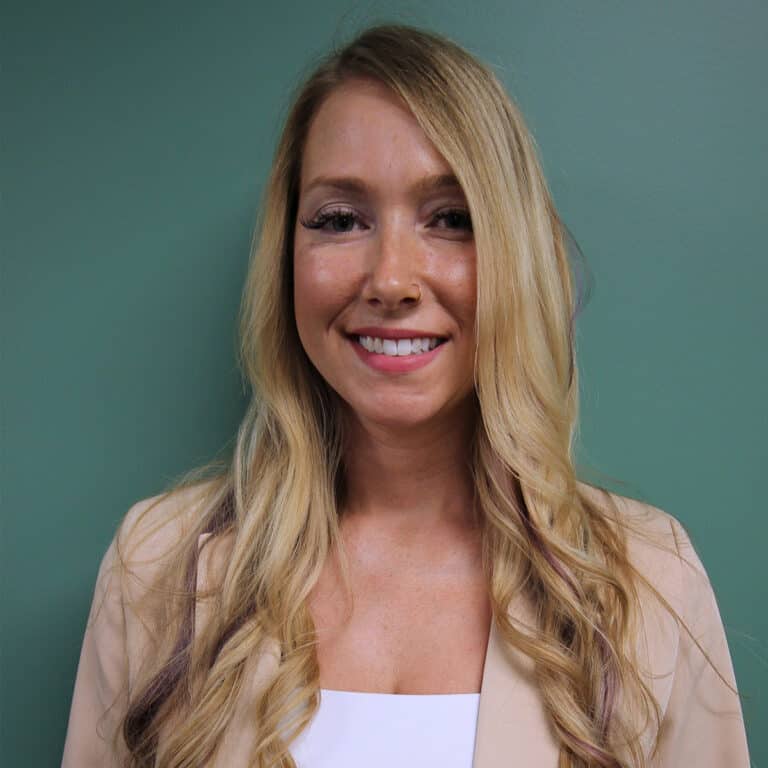Opioids
Opioids are a class of drugs that include prescription painkillers such as oxycodone and illegal drugs like heroin. They interact with opioid receptors in the brain, producing feelings of pleasure and pain relief. Opioid addiction often starts with prescribed medication but can quickly progress to more potent substances.
Symptoms of opioid addiction may include increased tolerance, withdrawal struggles when trying to stop, and the inability to control drug use despite negative consequences. It can also lead to respiratory depression and overdoses. Treatment for opioid addiction may involve medication-assisted therapy, behavioral therapies, and support groups.
Stimulants
Stimulants are substances that increase alertness, attention, and energy levels. They include prescription medications like Adderall and Ritalin, used to treat attention deficit hyperactivity disorder (ADHD), and illicit drugs such as cocaine and methamphetamine. Stimulant addiction can lead to physical and psychological dependence, causing individuals to experience intense cravings and physical withdrawal symptoms when trying to quit.
Symptoms of stimulant addiction may include increased heart rate, elevated blood pressure, and changes in sleep patterns. Treatments for stimulant addiction may involve detoxification, behavioral therapy, and support groups.
Depressants
Depressants, also known as sedatives or tranquilizers, slow down the central nervous system and produce feelings of relaxation and calmness. They include prescription medications like Xanax and Valium, which are often initially prescribed to treat anxiety disorders and panic attacks. Depressant addiction can lead to physical dependence, symptoms of withdrawal, and even overdose.
Symptoms of depressant addiction may include slurred speech, slowed movements, and impaired coordination. Treatment for depressant addiction may involve medically supervised detoxification, behavioral therapies, and support groups.
Hallucinogens
Hallucinogens are an illicit drug class that alters perception, mood, and thought processes. They include LSD, psilocybin mushrooms, and MDMA (ecstasy). These substances can produce intense sensory experiences but also carry a high risk of psychological dependence and negative long-term effects on any mental disorders.
Symptoms of hallucinogen addiction may include visual disturbances, mood swings, and difficulty differentiating between reality and fantasy. Treatment for hallucinogen drug misuse may involve cognitive-behavioral therapy, support groups, and holistic approaches such as mindfulness practices.
Cannabis
Cannabis is a plant-based drug that includes marijuana, hashish, and synthetic cannabinoids. It produces a sense of euphoria and relaxation but can also lead to dependence, especially in individuals who use it regularly or start using it at a young age.
Symptoms of cannabis addiction may include increased tolerance, irritability, and difficulty controlling use. Treatment for marijuana addiction may involve behavioral addiction counseling, support groups, and lifestyle changes to cope with triggers and cravings.
Prescription Drugs
Prescription drugs, when used as directed by a doctor, can provide many benefits. However, they also carry the risk of addiction, especially when misused or taken in higher doses than recommended. Commonly abused prescription drugs include painkillers, sedatives, and stimulants.
Symptoms of prescription drug abuse may include a constant need for higher doses, difficulty getting refills, and changes in behavior or mood. Treatment for prescription drug abuse may involve tapering off the addictive substances under medical supervision, therapy to address underlying issues and support groups.
Alcohol Abuse
Alcohol is a legal substance that can lead to addiction when consumed in excess. It affects the brain’s reward system, producing pleasurable effects and reinforcing drinking behavior. Alcohol addiction, or alcohol use disorder (AUD), can cause severe health problems, including liver damage, cardiovascular disease, and mental health problems.
Symptoms of AUD may include tolerance, symptoms of withdrawal such as shaking or sweating when trying to quit, and difficulty controlling drinking habits. Treatment for alcohol misuse may involve detoxification, therapy to address underlying issues, and support groups such as Alcoholics Anonymous, where individuals can connect with other alcohol abusers.
Request a 100% Confidential Callback
If you or a loved one are struggling with substance abuse and mental health problems, contact our drug and alcohol rehab center in the Greater Boston area to talk confidentially with an addiction specialist. For immediate help, call (978) 878-3677 or fill out the form below, and we will get back to you as soon as possible.
"*" indicates required fields
Symptoms of Drug Addiction
While different types of addiction may have unique symptoms, some general signs indicate a problem with substance abuse. These include:
- Increased tolerance: needing higher doses of the drug to achieve the desired effects.
- Withdrawal symptoms: experiencing physical or psychological symptoms when attempting to quit or cut down on drug use.
- Loss of control: being unable to stop using despite negative consequences, such as problems with relationships, work, and health.
- Changes in behavior: displaying secretive or erratic behavior, losing interest in activities once enjoyed, or neglecting responsibilities.
- Physical symptoms: experiencing physical changes, such as weight loss or gain, dilated pupils, or track marks on the skin from injecting drugs.
The Importance of Seeking Help
Substance use disorder is a complex disease that requires professional treatment. Without intervention, addiction can lead to severe health problems, strained relationships, and financial struggles.
Whether you are seeking addiction treatment for prescription medication or illegal substances, seeking help for drug abuse is not a sign of weakness but a courageous step toward recovery.
Therapy and Support
Therapy, both individual and group, can help individuals understand the root causes of their addiction, develop coping strategies to manage triggers and cravings, and learn healthy ways to cope with stress. Support groups like Narcotics Anonymous or SMART Recovery provide a safe space for individuals to share their experiences, receive support from others who have been through similar struggles, and build a supportive community.
Medical Intervention
In some cases, medical intervention may be necessary, especially during the detoxification process. Medications may be prescribed to help manage withdrawal symptoms and reduce cravings. It is essential to seek professional help when considering medication-assisted treatment for substance use disorder. A medical professional can determine the most appropriate course of treatment based on an individual’s specific needs.
Start Treatment at Paramount Recovery Center
Paramount Recovery Centers offers comprehensive treatment for substance use disorder, tailored to meet the unique goals of each individual seeking treatment. Our team of experienced professionals provides individualized care to address each person’s unique needs and guide them toward long-term recovery.
If you or a loved one is struggling with drug addiction, do not hesitate to reach out. You can reach out via our secure online form or call (978) 878-3677. Our admissions team is available 24/7 to provide confidential support and guide you through the treatment process. Remember, recovery is possible, and seeking help is the first step towards a healthier, happier life.
We are committed to accessible, affordable care and accept most public and private insurance plans. Let us know if you need help navigating your insurance benefits or if you are currently underinsured or do not have health insurance – we can explore alternative payment options to make treatment affordable for you. Do not let financial concerns prevent you from seeking help – we are here to support you on your journey towards recovery.
Get Answers to Your Questions Now
Additional Resources for Drug Addiction Treatment
Individuals seeking treatment for drug addiction can also explore other resources, such as:
Substance Abuse and Mental Health Services Administration (SAMHSA)
SAMHSA is a government agency that provides resources and support for individuals struggling with substance abuse and mental issues. They offer a confidential treatment locator tool to help individuals find a treatment facility that is close to home and offers the right programs to help them overcome their need to abuse drugs.
National Institute on Drug Abuse (NIDA)
NIDA is a research institute dedicated to understanding, preventing, and treating drug addiction. They provide educational materials, research updates, and treatment resources for individuals seeking help.
Mental Health America (MHA)
MHA is a nonprofit organization that offers support and resources for individuals with mental illness and substance abuse issues. They offer an online screening tool to assess mental health concerns and provide referrals for treatment for alcohol and other addictive substances.



